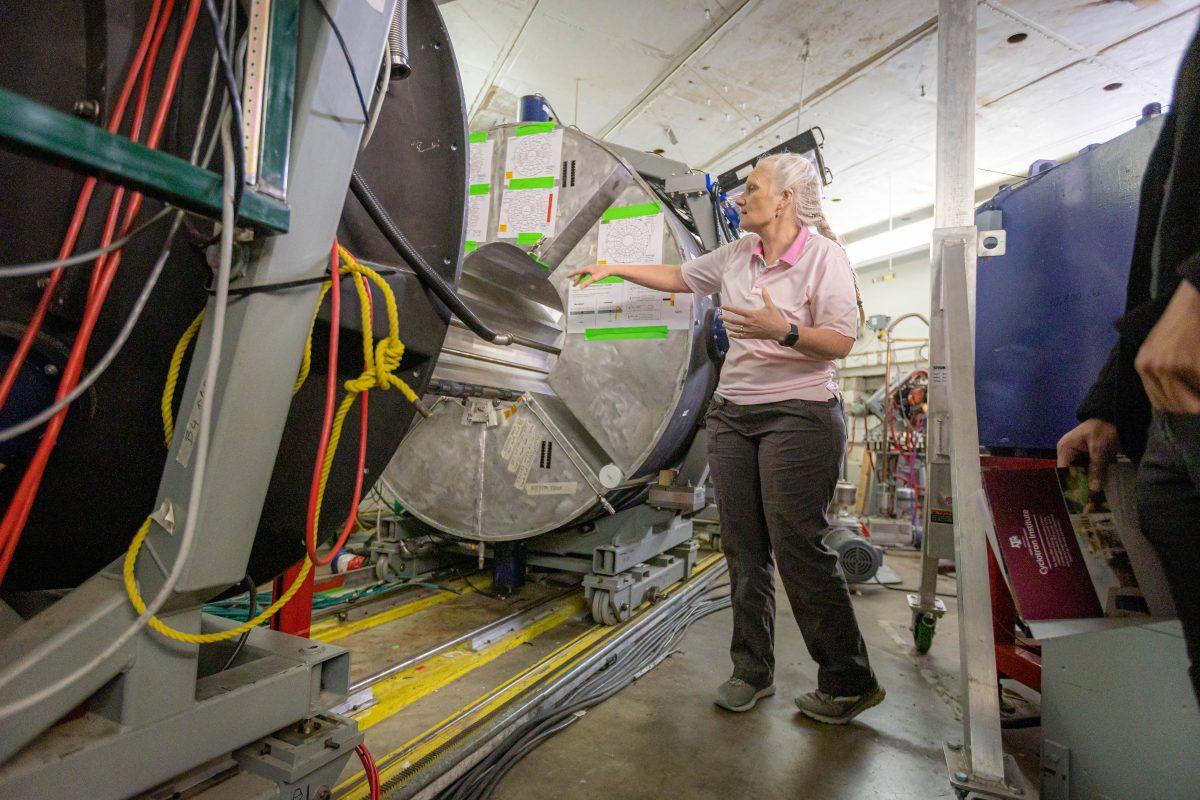Environment and technology: Desalination killing water animals
Brine, extremely salty water removed during desalination, is poured back into the ocean, often killing marine life and harming the oceans. Through desalination, people are given drinkable water, but now run the risk of harming the planet. Scientists were under the impression that there has been an equal amount of brine and drinkable water being produced but that was incorrect. According to ScienceNews, after evaluating facilities around the world, scientists discovered that for every liter of pure water made, an average of 1.5 liters of highly concentrated brine was released. This brine can be poisonous to marine life and depletes oxygen supplies. Although there are international standards, not all are followed and governments have generally not spoken out about repurposing the salt, as the price is high. More efficient desalination techniques are being developed but are not readily accessible to all.
Space: Lake on Mars could have liquid water
Researchers have identified a wide lake on the surface of Mars that could contain liquid water, buried under 1.5 kilometers of ice. This was the largest volume of liquid water claimed to exist on Mars. With this new discovery, there are questions rising on the possibility of having liquid water in such extremely cold temperatures. Another developing concern is that this lake was detected by one orbiter but not another. This could be due to the rare properties of ice on Mars. One scientist has compared Mars’ south pole ice cap to the texture of styrofoam, saying this could insulate the lake and confuse the other orbiter with reflections. Due to this doubt, scientists are working on more research that could explain the detection of this lake.
Psychology: Brain stimulation therapy for depression shows promise
To improve the moods of some people dealing with depression, small electrical zaps can be administered to the brain in specific locations. Through experiments on those undergoing treatment for epilepsy, scientists took notes of moods before and after the precision treatment. Those with moderate or severe depression scores saw a noticeable change in their mood and others with minor depression did not. This new information presents a chance to help those facing depression and help their mood changes through brain stimulation. The team at the University of California, San Francisco, hopes to continue continue their research to see if there can be longer lasting effects.
Desalination, lake on mars and brain stimulation: this week in science
January 14, 2019
Photo by Creative Commons
Scientists found what they believe to be a lake on Mars under a layer of ice nearly a mile deep.
Donate to The Battalion
Your donation will support the student journalists of Texas A&M University - College Station. Your contribution will allow us to purchase equipment and cover our annual website hosting costs.























